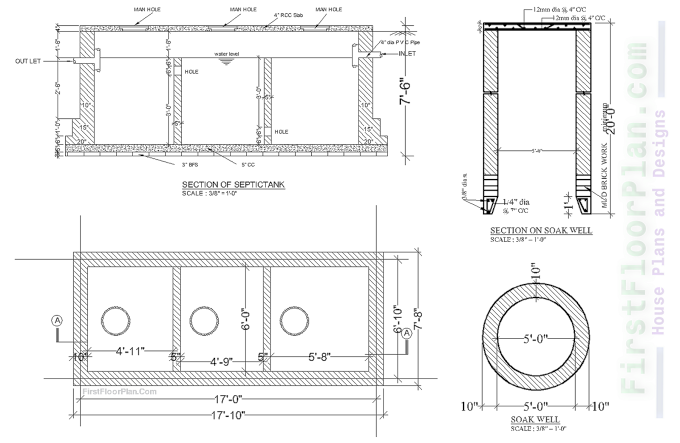When it
comes to the harsh and gritty world of linemen and ironworkers, every piece of
equipment counts, and nothing is more important than the boots on their feet.
Have you ever wondered why these vocations require adequate work boots? It's
more than just comfort; it's also about safety, efficiency, and long-term
health. Let's go into the significance of choosing the correct boots for these
demanding jobs.
Why Quality Boots Matter for Linemen and Ironworkers
Consider
being a lineman mounting the heights, with only the sky as your limit, or an
ironworker holding on tiny steel beams high above ground. Sounds exciting,
right? But there's a catch: every step in these heights could be dangerous if
not supported by the proper footwear. This is when specially designed boots
come into play.
Boots are
the first line of defense against the many hazards of the job for both
ironworkers and linemen. Reinforced toe caps and puncture-resistant soles are
features of high-quality boots that are crucial for defense against severe
impacts and sharp objects. Can you imagine going into a site without this kind
of protection, considering the hazardous nature of their job conditions?
The last
thing you want is to feel uncomfortable when you're standing for extended
periods of time, frequently in dangerous situations. The ergonomic design of
linemen's and ironworker's boots is intended to promote good posture, provide
comfort for the feet, and reduce the possibility of sprains and strains. It all
comes down to keeping your feet as pain-free and powerful as you can.
These aren't
your typical, daily workplaces. Boots that can tolerate extreme weather,
electrical risks, and significant wear and tear are essential for linemen and
ironworkers. Purchasing boots constructed of premium materials guarantees that
they won't give out before a lengthy shift is over.
Key Features of Lineman and Ironworker Boots
A few types
of boots can truly operate as an electrical shock barrier. For lineman, who
frequently work with high voltage power lines, this is crucial. Like a shotgun
stick, a boot with adequate electrical hazard protection is an essential
lineman instrument for managing live-line work safely.
The last
thing an ironworker or lineman wants is to trip when balancing on a beam or
high up on a pole. Improved traction and grip can make a big difference in
boots by giving you the stability you need to concentrate on the work at hand
instead of worrying about slipping.
The proper lineman boots are
designed to support the ankle as well as the foot, minimizing the possibility
of sprains and twists. Similar to how a lineman's climbing belt safely secures
an employee at heights, a well-made boot guarantees that the foot is similarly
supported and fastened.
Choosing the Right Boots: A How-To Guide
Choosing the
ideal boots requires more thought than simply selecting the most durable option
available. Here are some things to think about:
Comfort
and Fit: Don't
sacrifice boot fit, any more than you would wear a friend's lineman climbing
belt just because it fits them. A boot that fits poorly can do more harm than
good. For a realistic fit, always try them on with your regular work socks.
Material
Quality: Look for
boots constructed from strong, premium materials. Because of its longevity and
capacity to gradually conform to the contours of your foot, leather is
frequently the material of choice.
Safety
Features: Make sure
the boot's safety features match the particular risks present in your place of
employment. Depending on what you need to do every day, certain features—like
steel toes and shank reinforcements—might not be negotiable.
Conclusion
Every
lineman and ironworker needs to appreciate his boots in the same way that a
craftsman cherishes his tools. They are an essential part of your work gear
that guarantees comfort, support, and safety—they are more than just shoes.
Recall that the correct boots improve your general health and work efficiency
in addition to protecting your feet. Choose the best foot protection available,
and they will get you where you need to go in safety and comfort. Don't settle
for anything less.
FAQs
1. How
often should I replace my lineman or ironworker
boots? .
Generally
speaking, based on how often and what kind of use they get, you should think
about changing your work boots every six to twelve months, or sooner if there
are obvious signs of wear or damage.
2. Can
electrical hazard boots completely protect me from electrical shocks?
Although
they offer excellent protection against electrical shocks, electrical hazard
boots should not be used exclusively. Instead, they should be used as a
component of a broader safety system. Consistently adhere to thorough safety
procedures.
3. What’s
the best way to maintain my work boots?
You may
significantly increase the lifespan of your boots by giving them regular
washing and conditioning, drying them completely after they become wet, and
changing the insoles on a regular basis.
4. Are
there specific boots for linemen and others for ironworkers?
Yes,
boots are frequently made with particular qualities that are suited to the
particular requirements of each job; yet, some boots may be useful in both.
5. Is it
worth spending extra on high-quality boots?
Of course! Over time, high-quality boots prove to be more economical due to their superior protection, increased comfort, and extended lifespan when compared to less expensive options.









%20House%20plan%20with%207%20storey%20Apartmen%20building%20Structural%20desing%20%20DWG%20&%20PDF.jpg)


